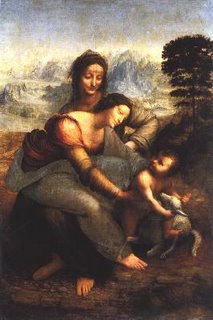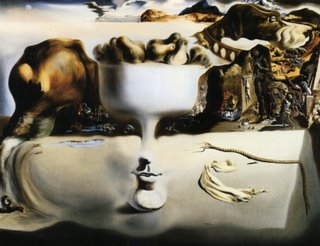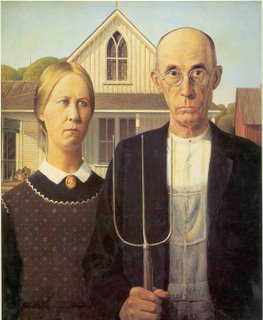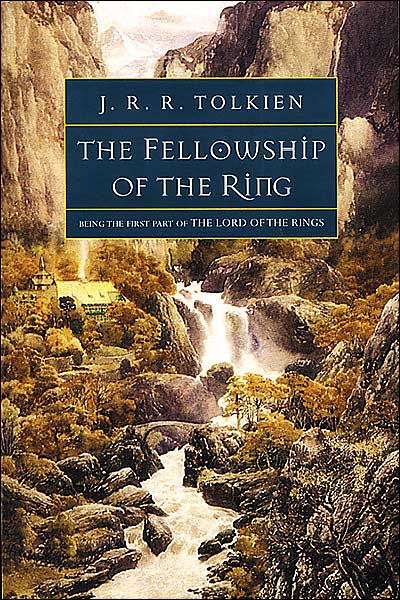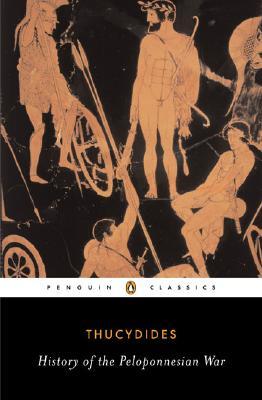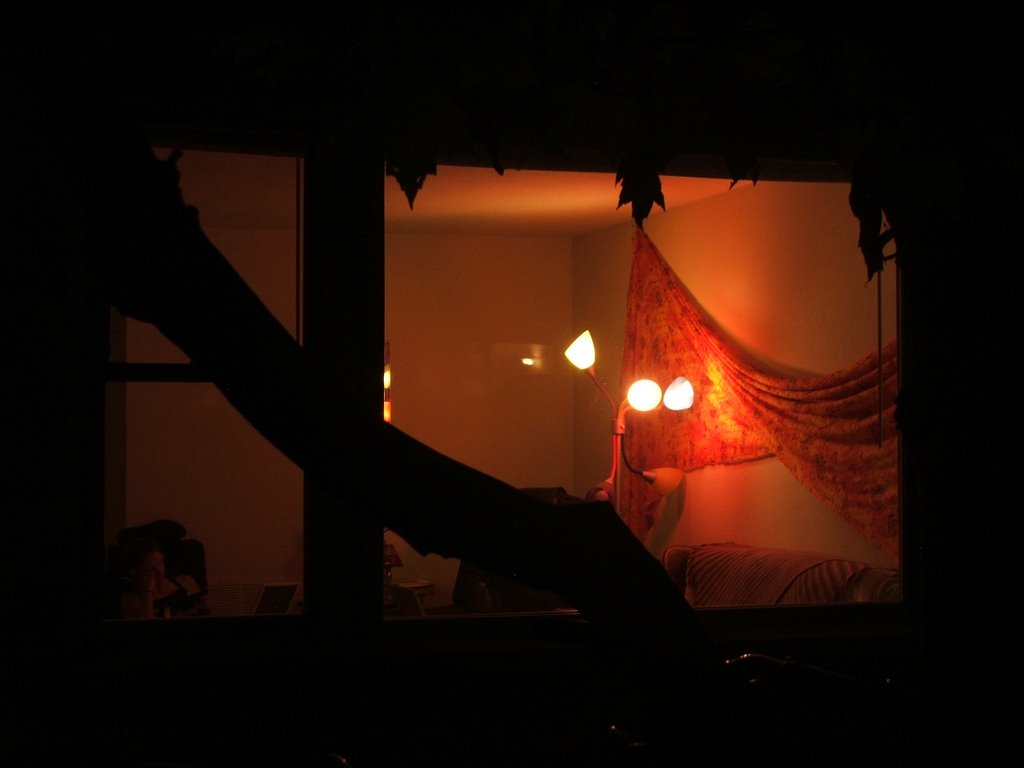Among other things, Native American anthropology class has proven to be useful in exploring the concepts behind matrilocal societies. Kara and I have also learned more about cannibalism than we care to know, but that is far beyond the level of disgust permitted on this blog.
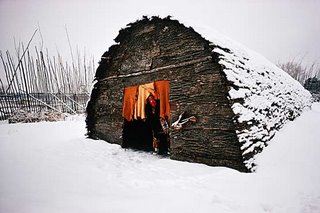
The matrilocal Huron Indians lived in longhouses which housed several families. When a woman married, her husband came to live with her and her extended family (including her mother, who was often not friendly...but that's another topic altogether.)
Interesting, you may say. But how does this pertain to me? It might not pertain to you. However, if you intend on visiting me in the future, say three to five and a half years from now, it might be useful since I intend to dwell in such a society (minus the unfriendly mother-in-law...in fact, devoid of any mothers-in-law at all.) Therefore understanding the structure of the commune that is to be the future home of Kara, Jessica and myself could be beneficial.
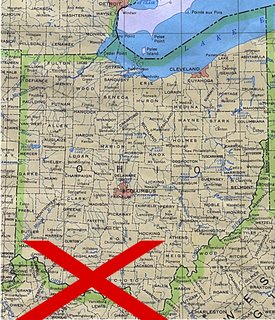
Basically, we would like to purchase a rather largish plot of land in the hills of southern Ohio with at least three farmhouses on it. (We found the idea of a longhouse to be a bit outdated.) This commune would also encompass some of the concepts of a homeschool co-op; however the level of involvement would be much more intense. Our children will receive a thorough education in art, English & literature and even mathematics.
Wait, you are saying. How did children enter the equation? Obviously, husbands must predate the children notion. This is where we return to the matrilocal idea. You have probably got the idea--southern Ohio is where we're living, and husband types are going to move to us rather than vice versa. If husbands are not immediately forthcoming, it is perfectly allowable to have a spinster turning her living room into an art studio and teaching the youngsters the craft of painting, or some such thing. It is also permissable to have an "Uncle Nathan" about the place to make sure children are not too well-behaved.
This arrangement is wonderful in every respect. Firstly, we shall all have the mutual support of each other in the raising of prodigies. Secondly, we shall never have to part ways which would produce so many tears I don't even want to think about it. Thirdly, and perhaps most importantly, we will effectively dodge the sticky situation of whether to move to some far-off land future husbands hail from (or wish they hailed from.) I foresee nothing but a rosy future in a happy commune surrounded by cornfields.
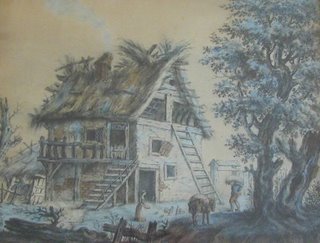
Labels: commune
